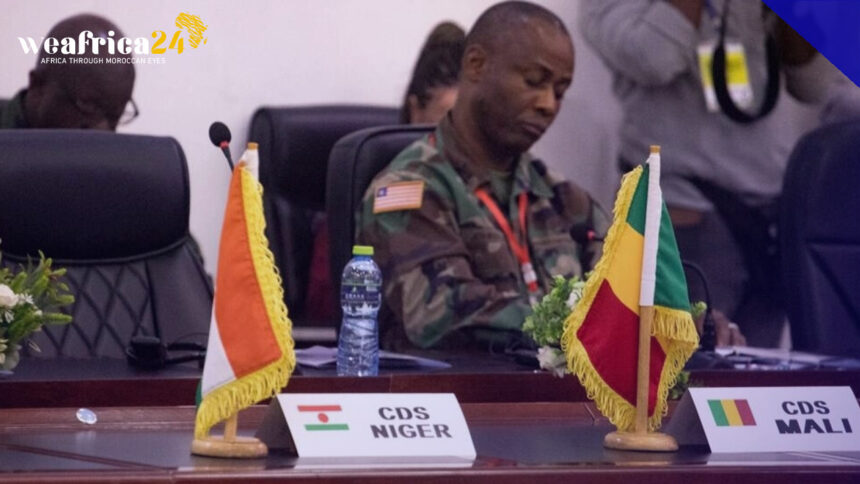Since the coup on July 26th, economic sanctions have significantly impacted the budget and economy of Niger. However, despite being one of the countries with the lowest human development indices, Niger has shown more resilience than anticipated.
The freezing of the state’s accounts at the Central Bank of West African States (BCEAO), the inability to raise funds on regional markets, and the suspension of external funding, amounting to over 7% of the GDP, constitute the sanctions imposed on Niger since the coup. Nevertheless, the Nigerien state has demonstrated a “remarkable” resilience, according to an economist from a major institution.
Unable to access its accounts held at the BCEAO, the government has implemented the collection of taxes and duties in cash. Furthermore, 70% of its electricity supply from Nigeria has been cut off. In response, Niger swiftly developed alternatives, including the expansion of thermal power plants, benefiting from the newly established Gorou Banda solar power plant. The upcoming harvests are expected to provide significant insights into the health of the agricultural sector and the economic repercussions for the country.
Current concerns primarily revolve around the financial sector. Private banks still have partial access to the regional market, allowing them to maintain a minimum circulation of liquidity. However, they hold 14% of Niger’s debt. With the government accumulating payment arrears, Moody’s rating agency, which already downgraded Niger’s rating in August, notes concerns. Outstanding payments to both banks and international donors reportedly amount to $458 million.
A portion of this debt matures on January 31. If Niger is unable to meet these obligations, which could be reclassified as “non-performing loans,” it would impact the state’s solvency. Additionally, neighboring countries might see their borrowing conditions deteriorate due to contagion effects.
Iran announces its intention to assist Niger in bypassing sanctions
Niger’s Prime Minister, Ali Mahamane Lamine Zeine, was received in Tehran by Iranian Vice President Mohammad Mokhber. The two countries decided to open embassies and strengthen their cooperation, according to our correspondent in Tehran, Siavosh Ghazi.
The Iranian Vice President denounced the sanctions imposed on Niger and asserted that Iran would help the country circumvent them. Tehran faces severe American and European sanctions due to its nuclear and ballistic programs.
Mohammad Mokhber also praised the establishment of an “independent government” following the coup in Niger.
Partnership agreements were signed between the two countries in the fields of energy, health, and finance.
In recent months, Iran has expressed support for the new leaders who assumed power in Mali, Burkina Faso, and Niger after coups.
In September, when receiving the Nigerien Minister of Foreign Affairs, Iranian President Ebrahim Raïssi praised the “resistance of these African countries” against “European hegemonic policies.”
No information has been provided regarding potential military cooperation between Tehran and Niamey, but Iran seeks to strengthen its presence in Africa, including selling conventional weapons and drones to various countries on the continent.
Before visiting Tehran, the Nigerien Prime Minister had also traveled to Russia and Turkey.







